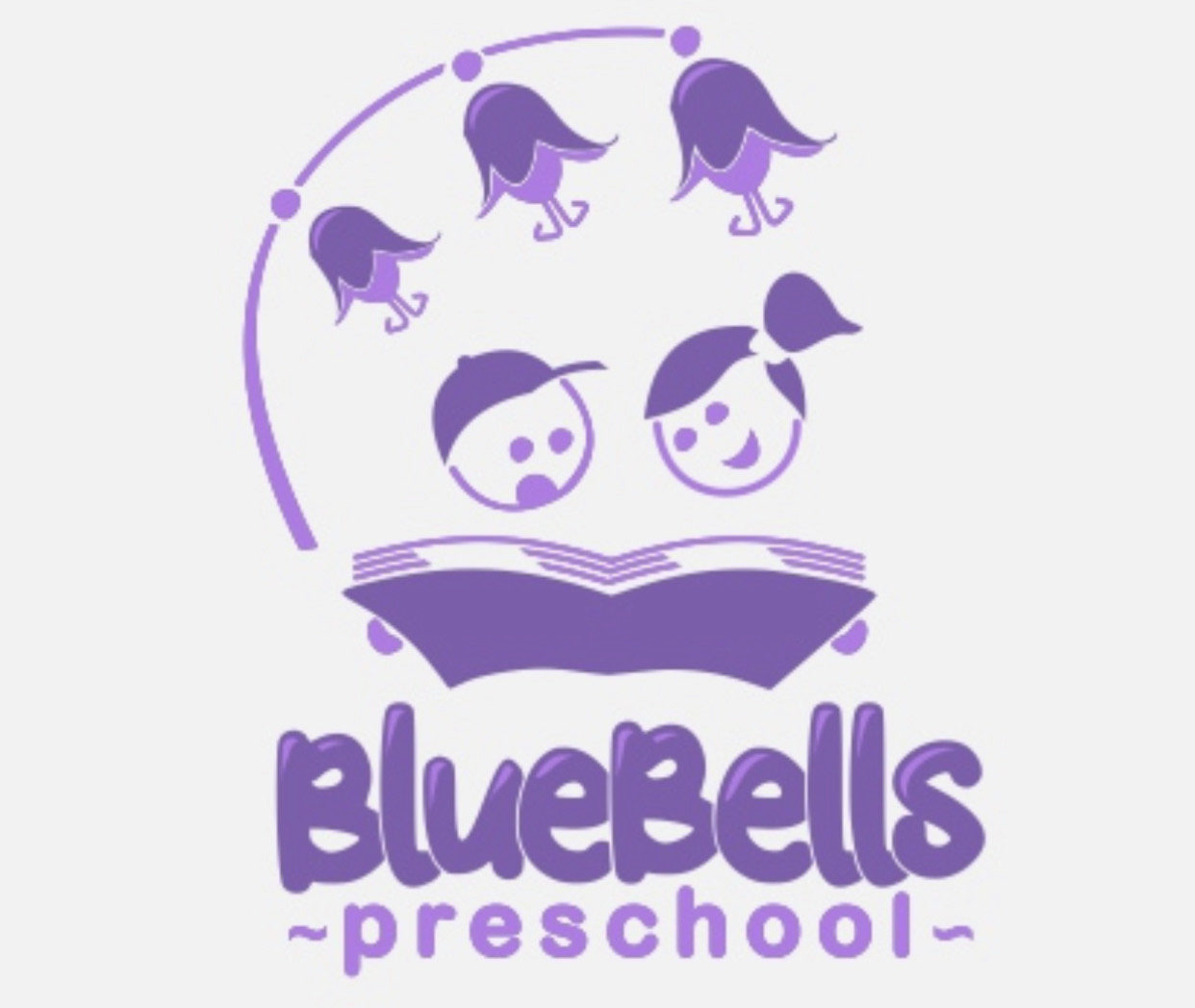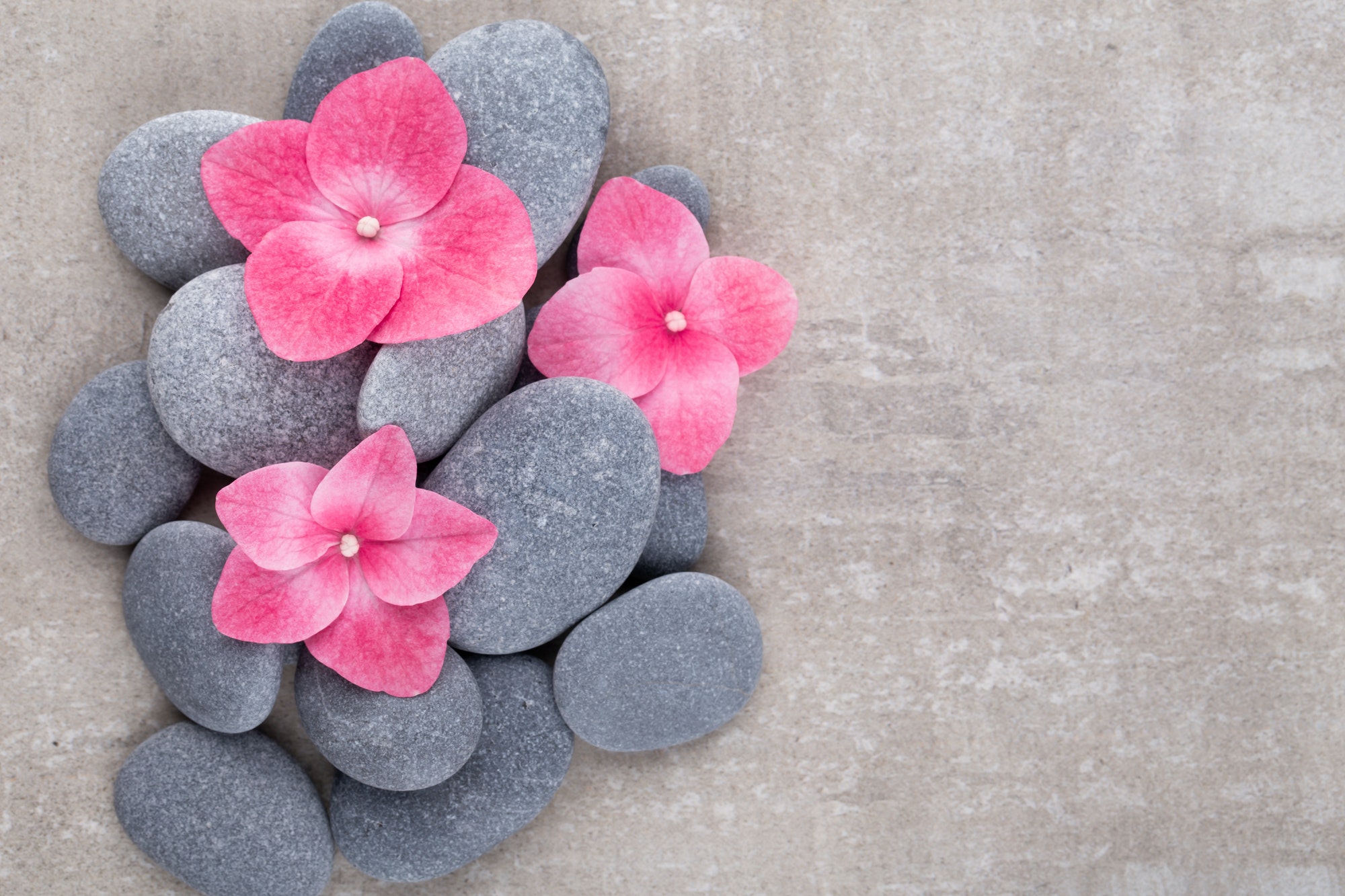- Our Programs -
Curriculum
Our planned curriculum moves from simple to complex. It is Montessori and play based.
It encompasses the 5 key areas of learning and more besides. Recognising that each child is unique, and all children develop at different stages, our curricular activities are planned around the following: – Age, Stage of Development, Needs, Strengths and Abilities.
It also links Aistear, the National Curriculum Framework from birth to 6 years and Siolta, the National Quality Framework for Early Childhood Education together.
5 Areas of Montessori / Mixed Age Groups
- Our Programs -
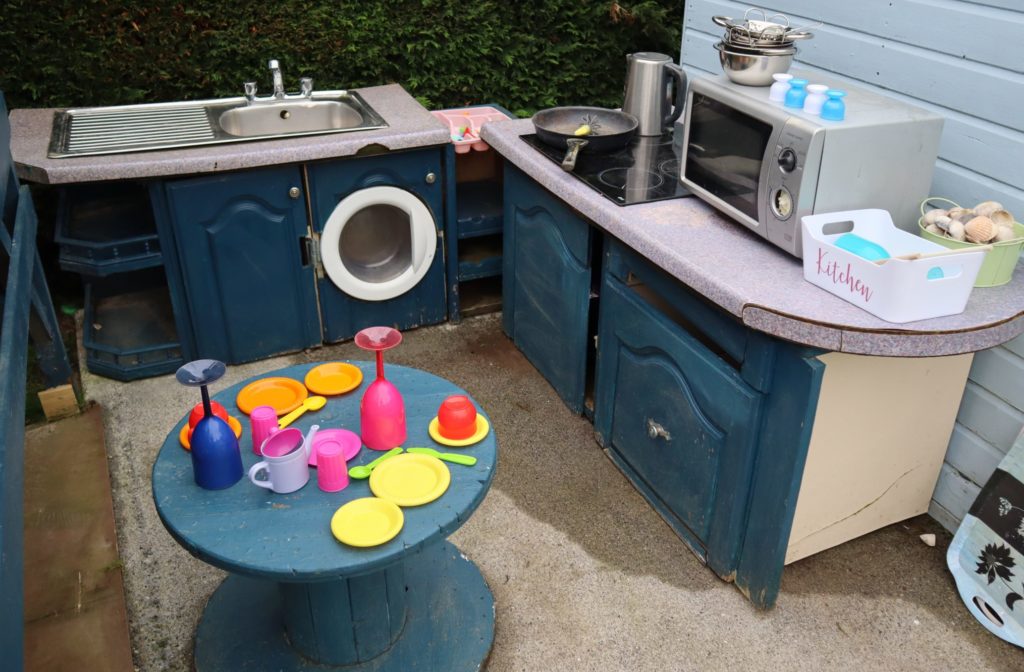
Practical Life
The practical life activities are the first activities introduced and allow your children to try to do what adults around them are seen to do every day. The practical life areas of a classroom is an extension of your childs own environment. Its aims are to develop the child’s independence, intelligence, concentration, co-ordination, control, motor-skills, social skills, and self discipline. The practical life area is broken down into four key areas – Elementary movements, Care of the person, Care of the environment and social skills, grace and courtesy.
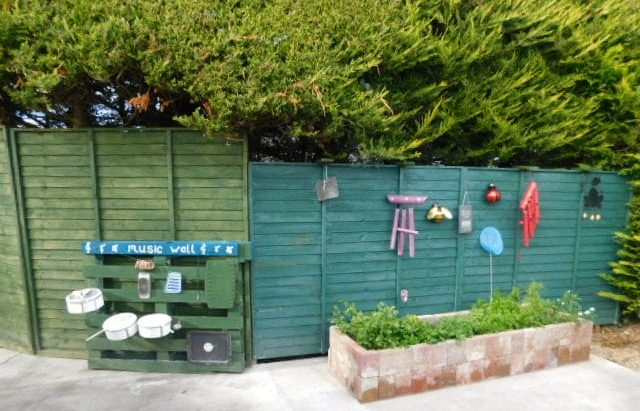
Culture
Children absorb information from their environment. Montessori offers children many opportunities to expand their knowledge during their early years. Children experience music, art, dance, drama through culture. Children learn to embrace their culture and other cultures, while respecting and celebrating customs.
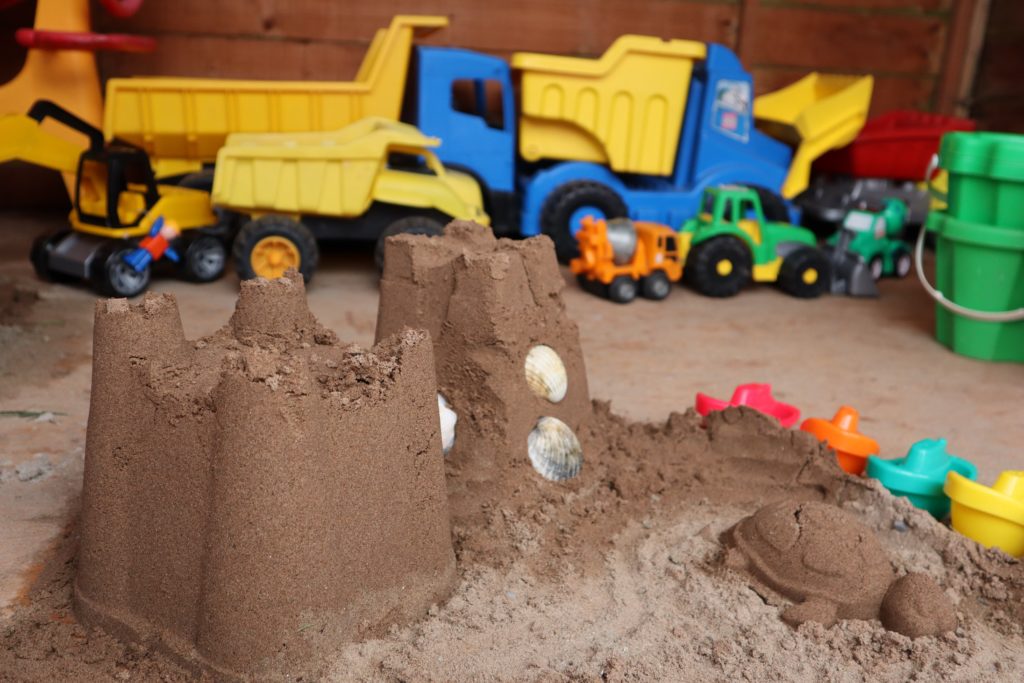
Sensorial
Sensorial exercises are for the development and refreshment of the child’s nine senses, thereby sharpening their intellect and control, preparing them for more advanced exercises in mathematics and language. The exercises give each child the vocabulary they need to start out with, and the child takes these words and uses them in their environment. The child completes one step at a time, progressively moving from simple to complex.
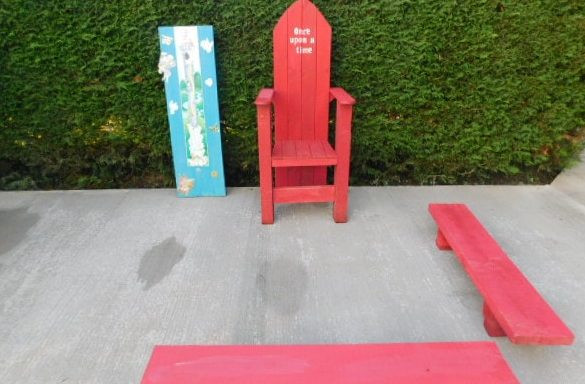
Language
In Montessori writing comes before reading. As with mathematics, many of the sensorial materials indirectly prepare the child for writing, e.g. the cylinders prepare the child for holding a pencil. In order to write a child must be able to remember the shape of the letters and their corresponding sounds, and they must develop the muscular skill necessary for using a pencil with control. The Montessori material for language allows the child to learn the shapes and sounds of the letters before they write.
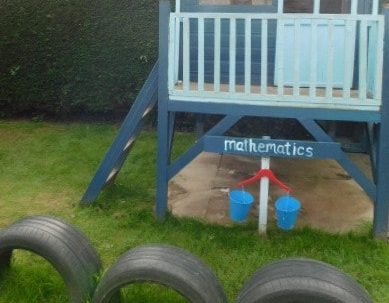
Mathematics
Many of the sensorial materials indirectly prepare the child for mathematics. Montessori demonstrated that if a child has access to mathematical equipment in their early years, they can easily and joyfully assimilate many mathematical facts and skills.
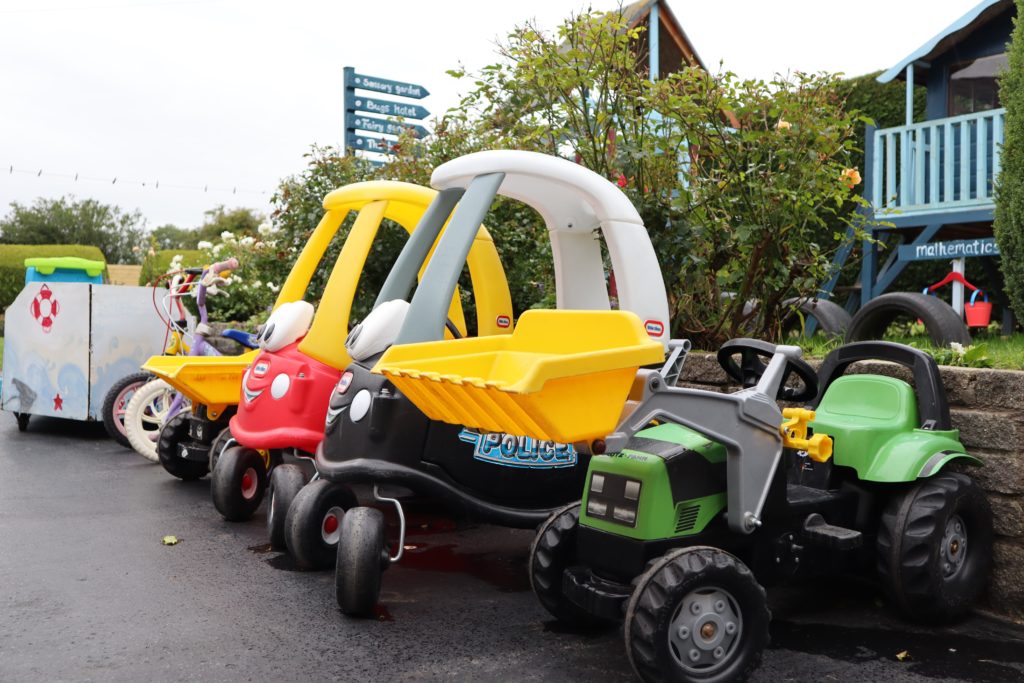
Mixed Age Groups
Our Montessori approach to education supports and encourages mixed age grouping of children. This allows siblings to be with each other and younger children to learn from older children. It promotes empathy, social and emotional development. Each child develops at their own pace without feeling they are under/over achieving in relation to peers.
Siolta
Síolta (meaning seeds) is a quality framework for Early Childhood Care and Education services.
Síolta’s quality framework can be used in different Early Childhood Care and Education services (ECCE) such as crèches, nurseries, preschools, play groups, child-minders and infant classes. All ECCE services can use this framework regardless of the curriculum approach they use e.g. whether they are play-based, Steiner, Froebel, Montessori or Primary school.
Principles of Síolta
The framework is based on 12 Principles which guide the way we work in ECCE services. They guide how we organise our services, how we relate to children, families and to each other.
Standards of Síolta
Síolta also establishes 16 Quality Standards which will guide the way in which all early childhood care and education services work and develop in Ireland. The Standards cover all aspects of early childhood care and education delivery and practice.
Síolta Quality Assurance Programme
Síolta also serves as a Quality Assurance Programme. ECCE services participating in this programme work through all 16 standards of Síolta using them to reflect on and improve the quality of their services. They are then validated by the Department of Education and Skills (DES).
For further information please visit the Practitioners’ Síolta page.
You can also download a Síolta Information leaflet, specifically for parents, which was designed by the former Centre for Early Childhood Development and Education (CECDE).
Aistear
Aistear (the Irish word for journey) is the national curriculum framework for the early years sector.
Aistear is the national curriculum framework for the education and care of children from birth to six years in Ireland, published by the National Council for Curriculum and Assessment (NCCA).
How Aistear works
As the name implies, education is a lifelong journey that can take many different routes. Therefore, the framework does not prescribe any one programme or curriculum. Rather it establishes the shared principles and themes which must underpin whatever curriculum practitioners and teachers choose to use. Aistear is designed to support parents, early childhood practitioners and teachers in planning for and providing enriching, challenging and enjoyable learning opportunities for children.
The types of Learning
It describes the types of learning that are important for babies, toddlers and young children. It can be used in different types of settings including children’s homes, child-minding, day care, preschool and school settings.
The Aistear Toolkit
The Aistear toolkit provides lots of information for adults to help them plan for and provide enjoyable and challenging learning experiences, so that all children can grow and develop.
For further information about Aistear, please visit the practitioner’s Aistear page.
You can also download NCCA’s Aistear Leaflet, specifically for Parents.
Join the best Montessori now!
Feel free to get in touch today!
